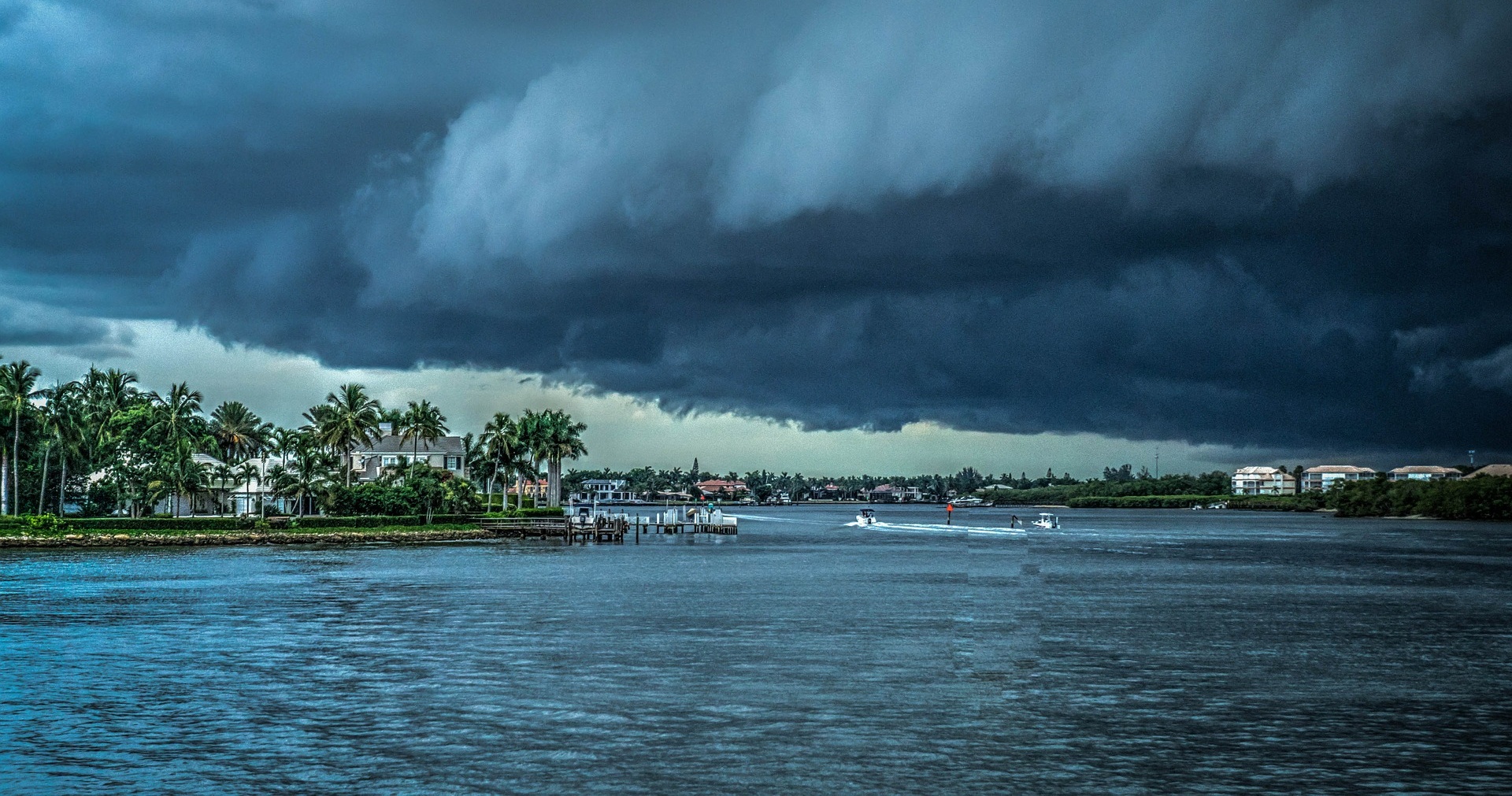Disaster Risk Management and Resilience Building
Topic(s)
Teaser
The training course will focus on strengthening the capacity of member States in the assessment of the effects and impacts of disasters in the Caribbean in light of the 2030 development instruments.
Event information

Date
14 - 16 Mar 2017, 05:30 - 14:00Event type
Participation
The training course is part of ECLAC’s efforts towards strengthening institutional capacities in the region. In addition, the systematic assessment of disasters is crucial for understanding and reducing risks and vulnerabilities. Both the Sendai Framework for Disaster Risk Reduction (SFDRR) 2015-2030, and the Sustainable Development Goals recognize the effects of disasters on sustainable development, highlighting the importance of measuring the effects of these events and collecting progress data.
In addition, the training will address the challenges and opportunities for disaster risk reduction present in the SDGs, and will explore opportunities for Caribbean countries in the upcoming V Regional Platform for Disaster Risk Reduction of the SFDRR. These instruments and international fora evidence a global commitment towards strengthening disaster risk reduction and provide opportunities for deeper engagement of the Caribbean region.
The Disaster Assessment Methodology of the Economic Commission for Latin America and the Caribbean follows a multisectoral approach to estimate the effects and impacts of a disaster. The global description of the impact of a disaster and the sectoral estimation of the damage, losses and additional costs provide basic information to determine the resources needed to restore social and economic activities, as well as the required investments to ensure a resilient reconstruction process. In order to elaborate a recovery and reconstruction strategy and budget, it is crucial to have quantitative information on the effects and impacts of a disaster.
The methodology is composed of three sectors: social, infrastructure and productive. These sectors are analyzed through each of their subcomponents. In addition, the methodology incorporates two cross-cutting themes: gender issues and environment. Each sectoral presentation is followed by exercises to strengthen the obtained knowledge and clarify the use of basic concepts.
Practical information
OBJECTIVE:
To strengthen the capacities of public officers in the Caribbean to formulate, implement and monitor plans and strategies related to the implementation of the 2030 Development Agenda and the attainment of the SDGs, specifically those linked to the effects of disasters (SDGs 1, 2, 11 and 13).
SPECIFIC OUTCOMES:
- Disseminate the ECLAC Disaster Assessment Methodology
- Position the 2030 Development Agenda as a guiding axis for the design and implementation of planning processes in Latin America and the Caribbean
- Promote the analysis of cross-cutting themes in the implementation of the 2030 Development Agenda, namely planning for development and public management
- Support the development of planning and public management tools
Schedule
|
Day 1 |
Day 2 |
Day 3 |
|
Session 1 Disaster Assessment Methodology: introduction and basic concepts |
Session 6 Affected population |
Session 10 Health and epidemics |
|
Session 2 The role of planning in disaster risk management and its impact on the attainment of the SDGs |
Session 7 Education |
Session 11 Transportation |
|
Session 3 The role of risk transfer in enhancing fiscal sustainability in the Caribbean - the case of CCRIF SPC |
Session 8 Housing |
Session 12 Tourism |
|
Session 4 Disasters impacts, a literature review |
Session 9 Telecommunications |
Session 13 Consolidation of effects and macroeconomic impacts |
|
Session 5 Information requirements and data gathering tools for disaster assessment |
|
Session 14 Course evaluation |
Subregional headquarter(s) and office(s)
Related link(s)
Organizing institution
ECLAC Subregional Headquarters for the Caribbean
- http://www.cepal.org/en/headquarters-and-offices/eclac-caribbean
- (868)224-8000
Contact
ECLAC Caribbean - Sustainable Development & Disaster Unit
- sustainability-pos@eclac.org